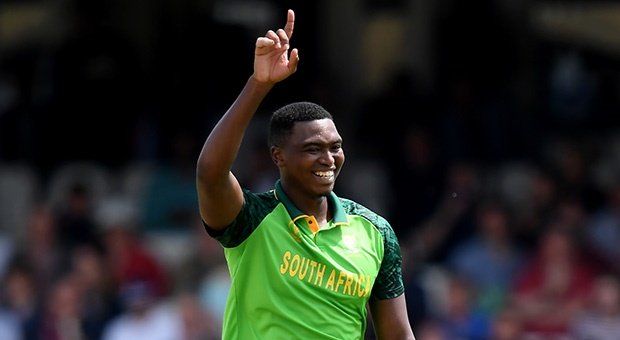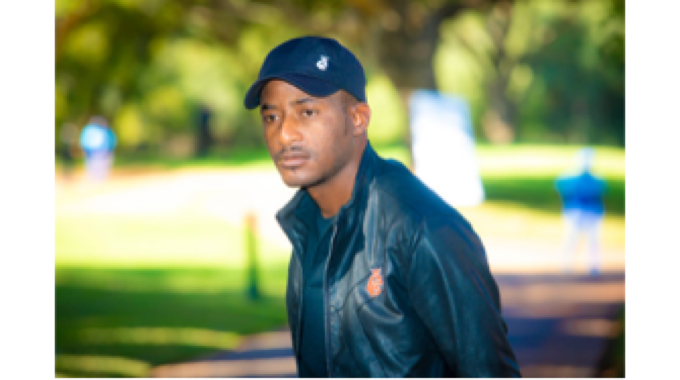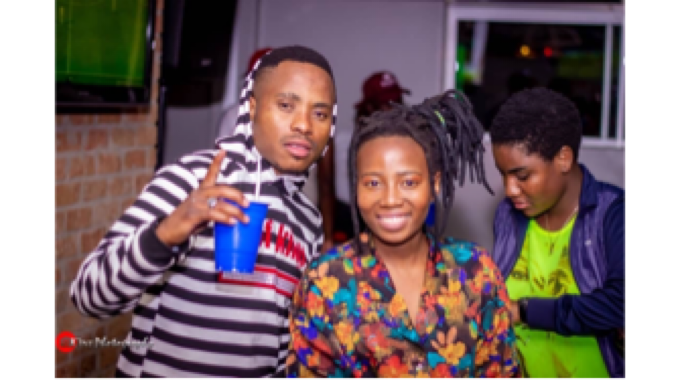SA cricket can expect more players speaking up as racism takes centre stage

AS Cricket South Africa (CSA) prepares for this weekend’s Solidarity Cup at Centurion on Mandela Day on Saturday, it does so under a cloud of racial tension.
The experimental three-team match, known as 3TC, will be the first cricketing action in South Africa since the nationwide coronavirus lockdown was first implemented in March.
It should serve as a celebration and a light-hearted way for the country’s best to ease back into competitive action, but when the players take to the field on Saturday, it will come after a period of intense conversation with racism at its core.
CSA’s problems are well-documented.
The future of suspended CEO Thabang Moroe hangs in the balance with his disciplinary process flawed and the CSA board continues to come in for criticism for its role in that matter and others. There are also major financial challenges facing the organisation that have only been amplified by the impact of the coronavirus.
Over the last week, though, CSA’s challenges have manifested in the form of reactions to a comment from Proteas speedster Lungi Ngidi.
Asked about whether or not the Proteas would show their support for the Black Lives Matter (BLM) movement when they returned to play, Ngidi said he would, and he felt his team-mates should too.
It was not a controversial statement or one that anybody expected would result in the headlines that ultimately followed, but the narrow-minded reactions of a small group of former white players such as Pat Symcox, Boeta Dippenaar and Rudi Steyn sparked what has now become a movement.
Ngidi was criticised for taking a stand, but he would not do so alone.
After Michael Holding and Ebony Rainford-Brent shared their experiences of racism in cricket on day one of the first Test between England and West Indies last week, former Proteas batsman and current Cape Cobras coach Ashwell Prince took to Twitter to deliver a powerful account of his own.
Then, on Tuesday, a group of 36 members of the South African cricket community – 30 of them former Proteas and none of them white – took a united stand with BLM, Ngidi and in taking issue with the stances of the likes of Symcox and Dippenaar.
In a joint-statement, the former players – there are also five current coaches included – challenged CSA to acknowledge a history of prejudice and white privilege in cricket.
“All the signatories to the release stated that they have stories to tell about the racism they have had to endure as they strived to get to the top of their sporting careers. Sadly, these have often been at the hands of team-mates,” the statement read.
“It is important to bring these into the open, and for CSA to support black cricketers who come forward to air their stories. Here we also include our women colleagues.”
It creates a situation where South African cricket could see an avalanche of accounts of racism from players past and present in the days and weeks to come, and current acting CEO Jacques Faul is encouraging members of the cricketing community to speak up.
CSA has already given its full support to the BLM movement, but Faul acknowledged that the latest developments in South Africa required action.
“There needs to be an understanding that it is difficult for people to come out and tell these stories, but they must tell them,” he told Sport24 on Tuesday night.
“We must acknowledge that these things happened in the past. I can’t judge what happened and what did not, but there must have been forms of racism in the past given our sad history and we need to acknowledge that.
“One has to learn out of this, and we have to encourage people to speak so that it doesn’t happen in the future.”
Faul encouraged those involved in cricket to speak up on issues of race instead of sitting with them silently, highlighting that CSA was committed to creating a culture where there was no space for such exclusion.
The South African Cricketers’ Association (SACA) was another avenue that should be explored as a channel for players or staff to voice their grievances, Faul added.
In many ways, it seems absurd that conversations such as this are still happening in 2020. It is becoming overwhelmingly clear, though, that a large section of the South African cricket community has lost its collective fear and players are now ready to stand up and tackle this issue when they were perhaps once reluctant to do so.
“When Pat Symcox, Boeta Dippenaar and company made those statements (criticising Ngidi), we needed to do something collectively. I personally confronted Pat, saying I was disappointed in his stance, and I think Ashwell (Prince) did the same,” former Proteas Test opener Alviro Petersen told Sport24.
“The platform Symcox and Dippenaar have as ex-Proteas is huge and as former international cricketers, we needed to also voice our opinions and do it as a collective.
“If this was 10 years ago, nothing would have happened. But we thought that now is the time.
“Players started feeling comfortable enough to express what’s in their heart once we challenged the Symcox and Dippenaar views.
“For a long time, they (black former cricketers) probably felt like they couldn’t for fear of victimisation. Once the ground was fertile, everyone was able to come out and say this is what happened to me.
“We saw how powerful a collective was with the #MeToo movement as well. People who were quiet for years spoke out when they felt they could get listened to. It came about not because of Ngidi, but because of all the stories that were shared by everyone on social media.”
Petersen added that for the movement to really bring about change, it would need the support of the country’s white players.
“In the media release we mentioned that we want our white counterparts to take a stand with us,” he said.
“The last thing we want is for it to be seen as an us versus them kind of thing. We played for a long time on the same cricket fields and shared the same battles. Yes, the playing fields might not have been even, but ultimately, we came together, trying to win games for the country.
“We need to commit to healing the divide. We need an environment where each player feels like they are seen, heard, supported and valued. And that’s when you’ll get the best out of your players.”
CSA will drive home its support for the BLM on Saturday when, in front of a television audience, players will wear black armbands and the organisation plans to have a visible BLM presence.
It is up to the three participating teams, though, to decide on their own displays of solidarity with the movement and Faul stressed that no player would be expected or instructed to engage with any pre-match protests or actions. – Sport24











Comments